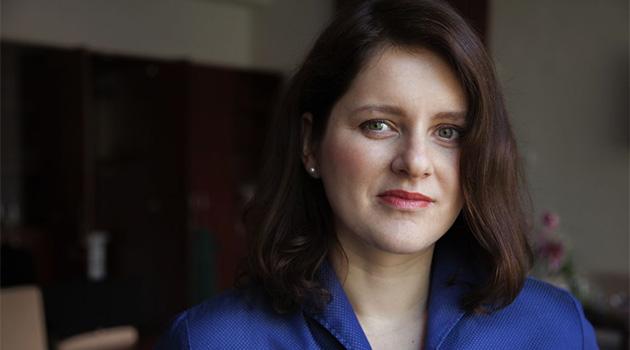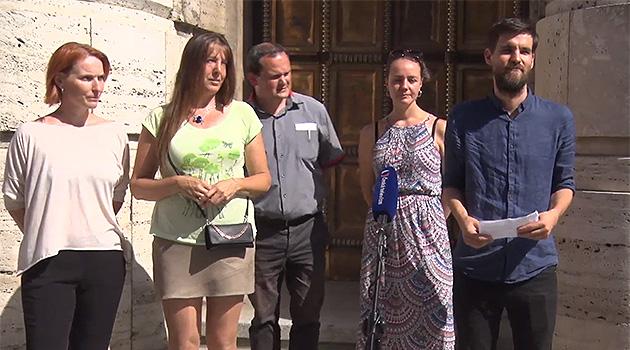Czech Labor and Social Affairs Minister claims "disruptive" change to housing benefits won't harm families or senior citizens

According to Czech Labor and Social Affairs Minister Jana Maláčová, the disruptive change she is planning to housing benefits in order to shut down the “trafficking in poverty” that is happening countrywide will not harm either families with children or senior citizens. The draft legislation has not yet been completed and what was leaked to the media recently was an internal document.
The minister was responding to representatives of organizations aiding people who are undergoing hard times. Those groups are calling for her to withdraw her bill, which would replace the two benefits now on offer with a single new benefit.
In the organizations’ view, the intended introduction of a new housing “supplement” and the abolition of benefits currently flowing to people living in residential hotels would endanger thousands of households in need of housing. The organizations called the planned amendment a “dangerous experiment with the fates of senior citizens and families with children.”
According to the forthcoming legislation, the text of which has been seen by the Czech News Agency, the current housing benefits would be replaced by a new supplement as of 2021. The conditions for being awarded the benefit would become stricter compared to today, and disbursal of housing benefits to people living in residential hotels would be brought to a close by the end of 2023.
The head of the Institute for Social Inclusion, Martin Šimáček, said recently that the change actually would mean abolishing what is now called the “housing subsidy” and tightening eligibility for what is called the “housing contribution”. Labor Offices countrywide had disbursed 180 900 housing contributions and 33 800 housing subsidies this year as of the end of April.
The minister said the document that leaked to the media about the planned change was an “internal” one. She plans to present the bill when it is finished.
“I am designing a disruptive change to the housing benefits, trafficking in poverty must end,” she said. “That situation is a time bomb.”
“Senior citizens, families with children and disabled people will not be harmed by this change,” the minister said. She added that she has been defending those who are vulnerable and will continue to do so.
According to Vít Lesák, director of the Platform for Social Housing, which brings together organizations aiding people in hardship and experts on social issues, the bill has not been thought through and should be reworked. “At a time when the prices for housing are growing at record rates, this is an experiment with the fates of senior citizens and families with children,” he said.
In his view, the ministry should first focus on addressing “crucial problems” such as the absence of social housing in the country and the thousands of people who are subjected to collections proceedings. According to Eliška Černá of the Faculty of Social Studies at Ostrava University, research confirms that people do not choose to become persons on the brink of homelessness, but are pushed into this situation because of barriers to concluding a rental arrangement on the regular market, as some would never be able to manage paying the required deposits, to say nothing of high rents.
“The solution cannot consist of intensifying these people’s economic problems and poverty,” she said. The director of the social services provided by the Salvation Army, Jan František Krupa, said that while the housing benefits system may need revision and transformation, the proposed approach would endanger thousands of people and families with children.
If these people remain homeless, they will move into the existing shelter facilities, but those facilities do not have very much capacity and are not meant to serve as cheap permanent accommodation, just as crisis solutions, Krupa said. Iva Kuchyňková of Caritas ČR believes that without state support for housing, many senior citizens would no longer be able to afford their own apartments and would have to look for places in retirement homes or other institutions – but already, tens of thousands of applicants annually are unable to be housed in the existing facilities.
Barbora Křižanová of the Lumos organization warned that if families lose housing, thousands of children could end up in institutions, and the Czech Republic is already currently being criticized for the high number of boys and girls in institutional care. Expenditures for such care would increase as a result.
